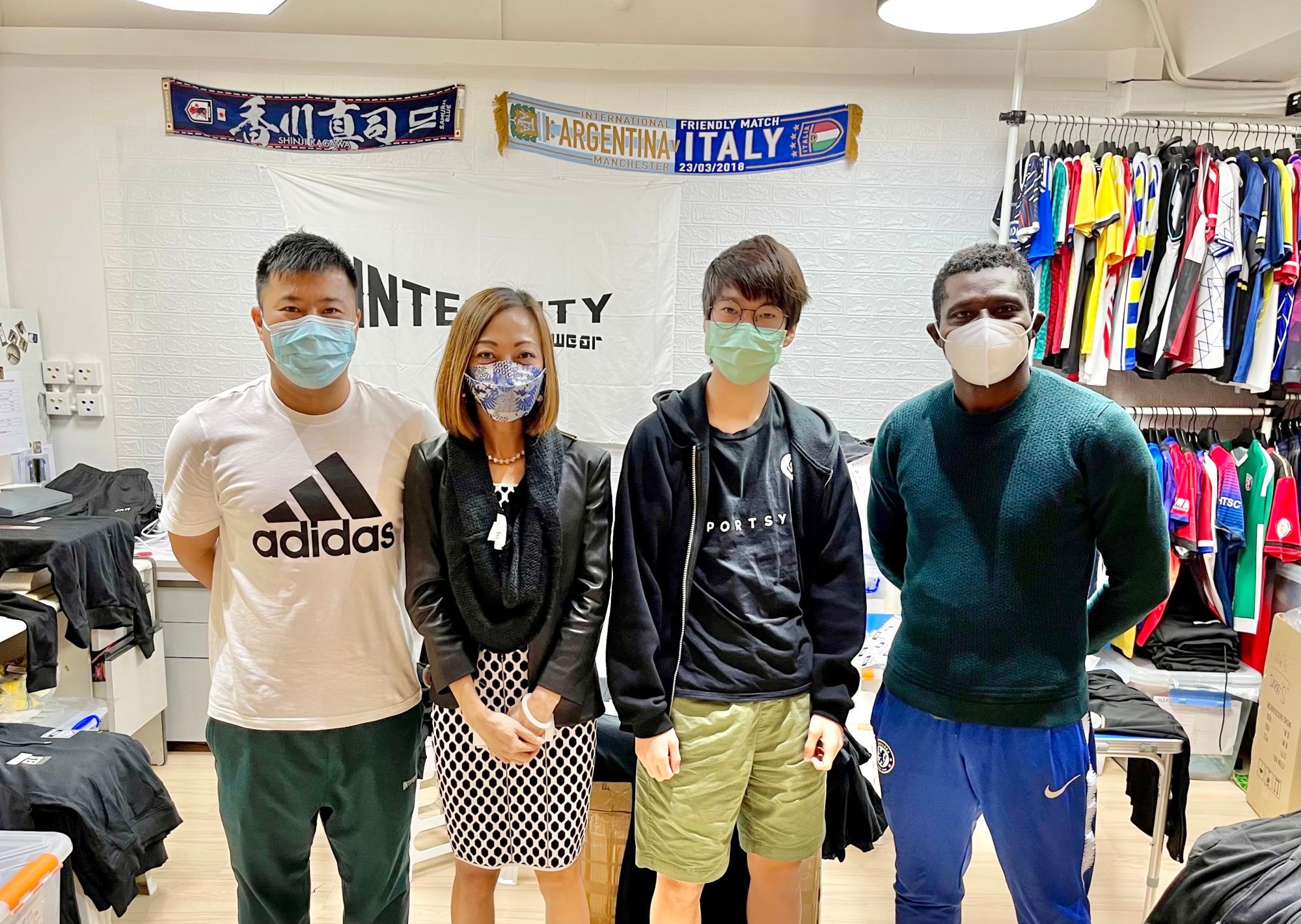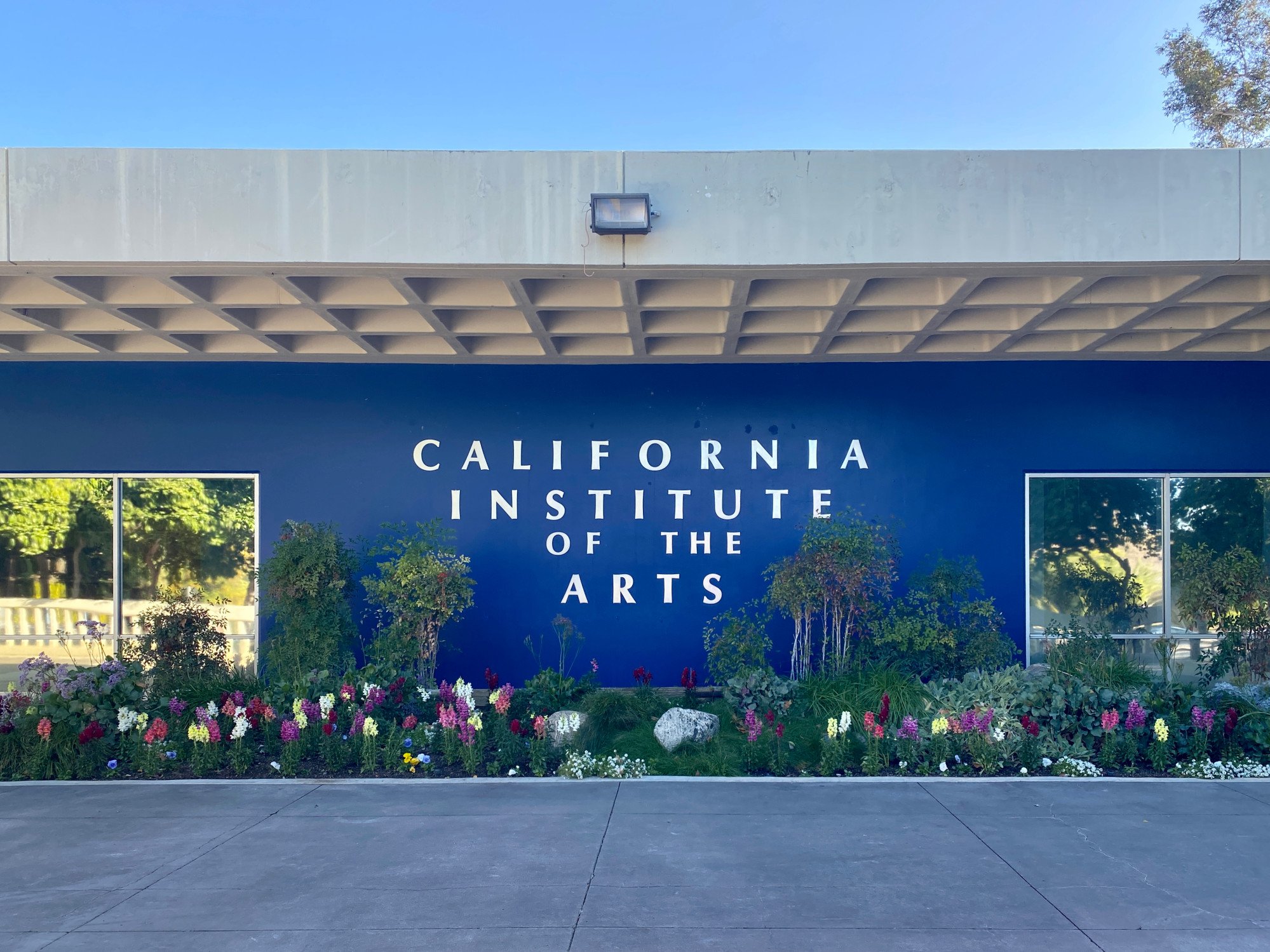
IBCP: a paradigm shift in education? The new International Baccalaureate Career-related Programme could be a game changer for high school students with a career goal already in mind
- The famed IBDP is famed for its academic rigour, but the newer career-focused IBCP is better suited to those with no intention to go to university
- At the rate at which educational paradigms are shifting, parents can expect to see more of Hong Kong’s top international schools offering the IBCP, BTEC, and other new innovative curricula
The International Baccalaureate Diploma Programme (IBDP) has been the dominant secondary school curriculum used by Hong Kong international schools for more than a decade. The two-year programme is known for its academic rigour, requiring students to study six subjects including some combination of English, language studies, science, maths, social sciences and creative studies.
The IBDP excels at creating well-rounded students who are knowledgeable in a variety of fields. It is also great for instilling skills like discipline and time management, preparing them for further study.
But the IBDP can create problems and hurdles for certain kinds of students – namely, those who aren’t as well-rounded academically, those who have their careers mapped out early, and those with no intention to go to university. Which is what makes the International Baccalaureate Career-related Programme, or IBCP, an excellent potential alternative as it provides a more specialised, practical and hands-on academic experience.
Hong Kong leads the way
The ESF’s Renaissance College (RCHK) in Ma On Shan became the first school in Asia to offer the IBCP in 2013, and was just the eighth school in the world to offer all four IB programmes – the other two not already mentioned being the Primary Years Programme (IBPYP) and the Middle Years Programme (IBMYP).
“This was a milestone moment for us, and we attribute this to the work and vision of our leadership team as well as faculty and community members’ wholehearted support,” says RCHK’s IBCP coordinator Wilma Shen. “RCHK has always been a pioneer among the IB world schools and we want this to continue.”
Shen is a passionate champion of the IBCP as she has seen first-hand the positive impact the programme has had on student and alumni’s academic and professional careers. She went so far as to call it “a paradigm shift in education”.
“Through CP education, students are both encouraged and expected to develop a greater range of personal capabilities and professional skills that support their career aspirations and personal interest and strengths,” she says. “The IBDP is more broad and general and prepares students for further education and academic matriculation, while the CP is a specialist pathway that can be tailored to allow students to focus on one or two areas of interest and develop transferable skills that are applicable to many different contexts, including further education and the world of work.”

Through the CP framework, students take between two and four IBDP courses at Higher or Standard Level, in combination with their career-related studies (CRS), while fulfilling the relevant related and distinctive CP core requirements.
“All components of the CP reflect a balance between career-related objectives and academic rigour with the aim of cultivating internationally minded and well-rounded students, while allowing them to access multiple pathways including higher education, employment and apprenticeship,” Shen says.
She explains that there are three main types of students that are more suited for the IBCP: students that find it challenging to cope with specific elements of the IBDP, often related to science, maths and language; students that know exactly what they want to study and want to specialise to get a “head start” in their field; and students who want to spend more time honing their specialist skill set – often related to music, performing arts and athletics, in a more hands-on learning environment. Shen also believes the IBCP may also be better-suited for students with certain learning disabilities.
Compare and contrast
The following list summarises the main differences and commonalities between the IBCP and IBDP:
IBCP Specialised – Concepts applied – University and industry preparation – Academic and professional – Interdisciplinary
IBDP Broad and general – Concepts explored – University preparation – Academic – Multidisciplinary
“The IBCP framework offers flexibility and integration,” says Shen, who also works as RCHK’s scholarship manager. “The model cleverly combines the career-specific learning that is linked with industry standards with academic subjects from the DP, from which the students can choose between two to four subjects depending on their career aspirations and personal capability. The core components of the CP then connect the dots to draw everything together through the study of a second language, a personal and professional skills course, service learning and a culminating reflective project which addresses an ethical dilemma in their chosen field of work or career path.”
She believes that, in many ways, this solves many of the core issues that the DP is facing. For example, students who are interested in a medical career can opt for three HL science subjects and top up with a pre-med course for their career-related studies. Similarly, students with a strong passion for the arts can choose all creative DP subjects, and at the same time, study university foundation courses at an art institute for their career-related studies.
The IBCP was the perfect programme for me – it allowed me to focus on what I’m really passionate about and not worry about other subjects that aren’t as helpful for my future
“Over the years I also have had the chance to meet students who excel in one particular area such as music, visual arts, drama or sports, and very often these students discovered a passion in those areas and devoted much of their time towards perfecting their skills and technique,” Shen says. “In my conversations with them, they all expressed that if they could, they would have preferred to spend more time on their interest area rather than having that time taken away by science, mathematics courses or some other subject that they have little interest in.”
It got to the point where RCHK was starting to lose students to schools that offered GCE A-levels, Business Technology Educational Council (BTEC) courses or other equivalent vocational programmes. So when the school brought on the IBCP, Shen thought it was “a necessary and welcome addition”.
Two notable examples of successful RCHK IBCP alumni are Casey Chan and Haylie Tsang, two talented visual artists who supplemented their studies with university-level foundation courses at the Savannah College of Art and Design (SCAD), one of RCHK’s partner institutes for career-related studies. This led to them getting accepted into world-renowned art schools, California Institute of the Arts (CalArt) and Central St Martins – University Arts London, respectively.
“The IBCP was the perfect programme for me because I knew that I wanted to study art,” says Chan, who graduated from RCHK in 2016. “It allowed me to focus on what I’m really passionate about and not worry about other subjects that aren’t as helpful for my future.

“We were given lots of opportunities to experience different art and design majors, to give us a feel of what each requires. It also gave me a taste of college life, which made me better prepared.
“The exposure to the very different curriculum at SCAD pushed me further in my development as an artist,” she adds. “Being educated by two institutions at the same time provided me with different perspectives of art-making, which helped the quality of my work both conceptually and technically. As a result, I was able to produce work that I probably wouldn’t have been able to otherwise.”
“The IBCP offered me what the DP programme could not. For two years it allowed me to focus on the career that I wanted for the future, to meet people who share the same passion as me, and to grow as a creative individual – all to a greater extent than if I had been doing the IBDP,” says Tsang, who graduated in 2018. “I was able to develop my artistic and creative skills within the art industry. I learned to become a better presenter, collaborator and most importantly, a better designer.
“I feel that the skills that I have inherited from this programme really helped me with my future studies both in art and other industries,” she continues. “I have developed skills that are geared toward my future studies but at the same time those skills can be expanded to other fields. I tend to see that I enjoy the workload and what I’m doing because the things I do I know are beneficial for my future studies and career.”
Further innovation ahead
As of now, the ESF appears to be the leader in offering alternative curricula in Hong Kong with their King George V School (KGV) currently the only school in Hong Kong that offers the IBDP, IBCP and BTEC qualifications. BTEC qualifications are even more specialised and employ a continuous assessment and assignment model and have less examinations and academic rigour than the IBCP. This means every KGV student has a chance to play to his or her strengths.
“We have had huge success with our BTEC and IBCP students achieving outstanding grades and attending universities all over the world, including the US, UK, Australia and right here in Hong Kong,” says KGV vice-principal Rory McKeague. “We would recommend that more schools offer a greater number of pathways to students and offer them an authentic personalised learning experience, with the rewards being happy and fulfilled students prepared for life beyond the classroom.”
At the rate at which educational paradigms are shifting, with expectations of and demands on schools continuing to change, parents can expect to see more of Hong Kong’s top international schools offering the IBCP, BTEC, and other new innovative curricula that cater directly for student’s needs.
